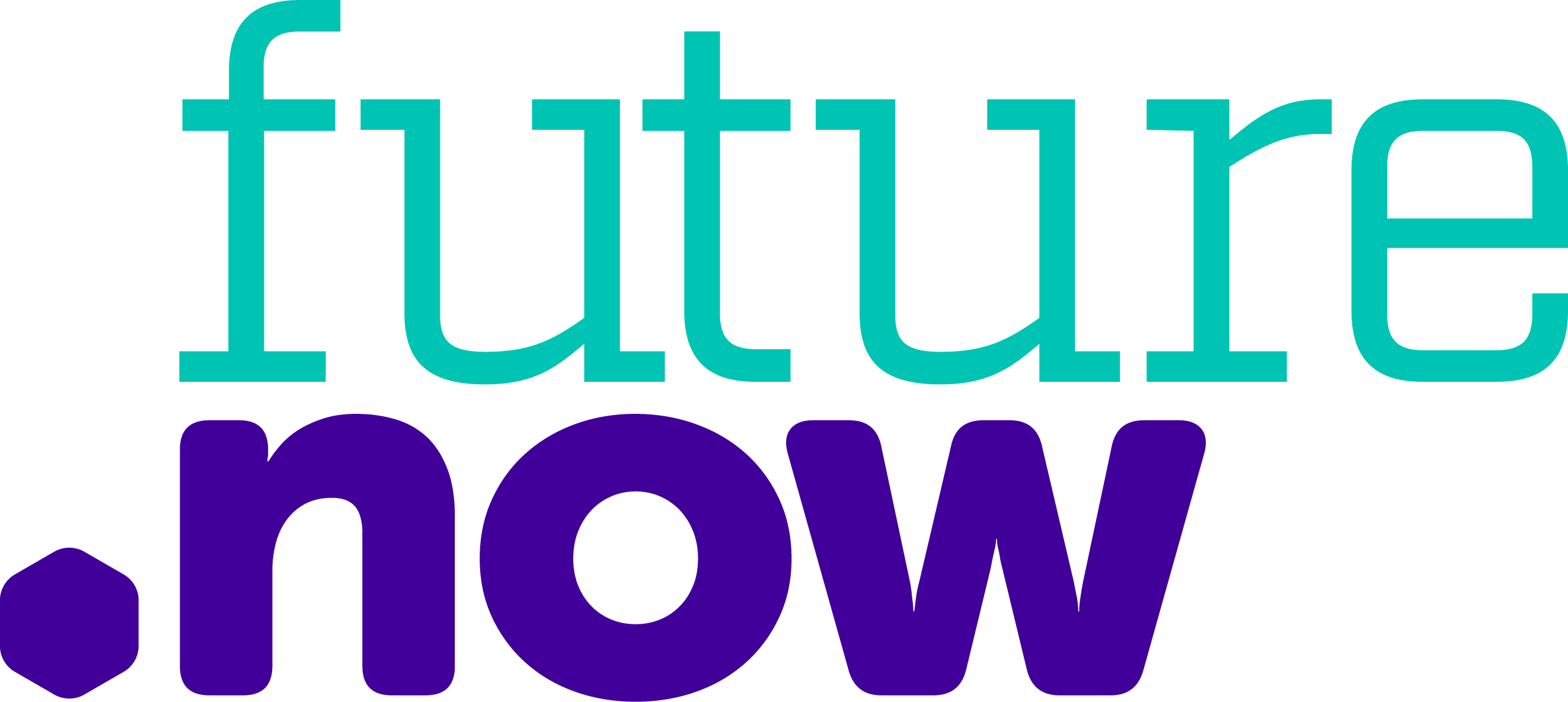Our Digital Skills Roadmap is a vision for national action on digital skills in the UK workforce.
It details the best next steps for government, business and civil society, to ensure everyone has the Essential Digital Skills needed for work. You can download the full roadmap here.
The roadmap has three areas for action and makes 10 specific recommendations:
Development of a national strategy to upskill millions of working age adults with Essential Digital Skills for Work
A call to action to business to train people so they have the Essential Digital Skills needed for work
Create a culture change that encourages people to develop
Essential Digital Skills
Strategy recommendations - for government and policy makers
1. Establish a national ambition
- Set a national ambition for essential digital capability and confidence in working age adults for the UK to coalesce around. This should be specific,measurable and time-bound.
2. Own and promote a common language and framework
- Adopt the work skills outlined in the Essential Digital Skills Framework as the national minimum digital skill set needed by people of working age.
- The Essential Digital Skills framework to be owned by government.
- Government and industry to formally and regularly review the framework so it keeps pace with technological advances.
3. Increase awareness of the Essential Digital Skills gap
- Increase visibility of current data on the Essential Digital Skills gap in the UK workforce.
- Close critical data gaps, including the economic impact of the essential digital skill gap in working age adults, to provide stronger evidence of the social and economic case for investment in digital skills.
4. Galvanise business
- Use the convening power of government to galvanise businesses to equip employees with the work skills outlined in the Essential Digital Skills Framework.
5. Equip business to act
- Create at least one best-in-class training resource for businesses to assess and equip their workforces with all the work skills outlined in the Essential Digital Skills Framework.
6. Monitor, coordinate and report on progress
- Monitor and coordinate action and formally report on progress at a national level, to create greater visibility and accountability for progress.
Delivery recommendations - for business
7. Leverage the common language of the Essential Digital Skills Framework
- All businesses to leverage the framework to help people build Essential Digital Skills.
8. Assess the Essential Digital Skills of your workforce
- All businesses to assess the current digital capability and confidence levels of their workforce.
9. Help your workforce to build the Essential Digital Skills for Work
- All businesses to actively help people grow their core digital skills and ensure they can do at least the 20 work tasks outlined in the Essential Digital Skills Framework.
Culture recommendations - for business, government and civil society
10. Gather evidence on how to motivate people
Today, little is known about what motivates people to invest time in building digital skills and what might be unintentionally acting as barriers. Today’s cultural norms may make it difficult for people to recognise and talk about their needs, and there is no insight into the stages an individual might go through to become digitally confident.
Government could start this process by commissioning behavioural insights research into the required culture change, including collating insights from organisations who have already invested in this work to date.
There are two other areas that we recommend be part of any culture change programme:
- Ensure individuals are aware what digital skills are essential and make it easy for them to build them.
- Inspire workforce with a compelling narrative
If you’re interested in supporting the delivery of any of these recommendations, we’d love to hear from you. Please get in touch at hello@futuredotnow.uk.
